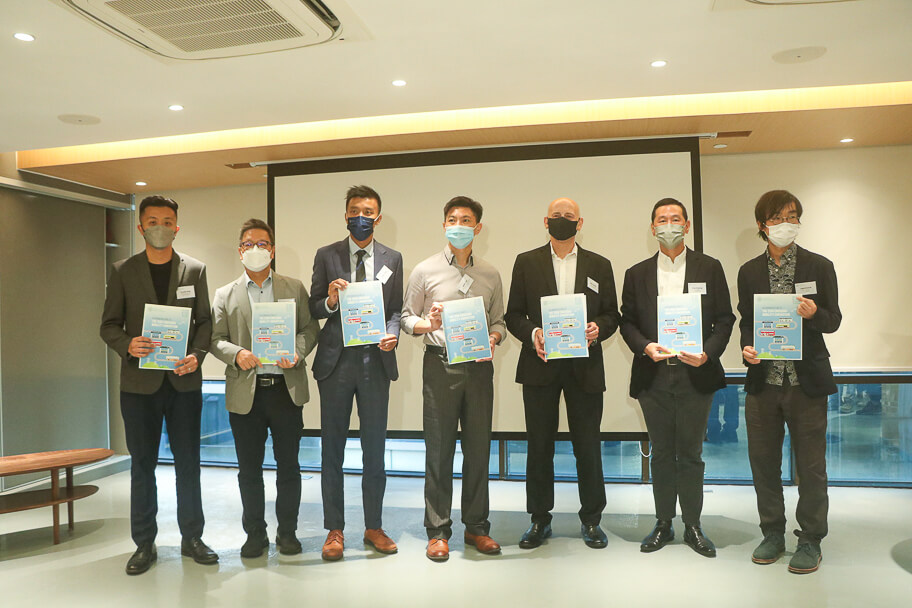
Zero Emissions Mobility Consortium: CAN Collaborates with Industry to State Policy Recommendations for Electric Buses
Roadside air pollution in Hong Kong is at dangerous levels, causing harm to public health. Reducing vehicular emissions is one of the key solutions to the problem. Many cities around the world, including our neighbour Shenzhen, have already embarked on their journey towards zero-emission public transport, while Hong Kong is falling behind.
For years, Clean Air Network (CAN) has been advocating for zero-emission transport in Hong Kong. Toady (26th July), we have made a great step forward – for the first time, CAN collaborated with franchised bus operators, power companies, and the academia to form the Zero Emissions Mobility Consortium (ZEMC) and work on an in-depth white paper outlining ZEMC’s policy recommendations. The white paper has been launched today, with an aim to seek opportunities to work with the government on this issue.
Six key action points were suggested to the HKSAR government:
- Provide clarity on a time-specific zero-emission roadmap for road transport.
- Expedite and enlarge scale of trials for both battery electric buses and hydrogen fuel cell buses.
- Remove the regulatory barriers for technology development and adoption.
- Identify areas requiring cross-bureau policy coordination.
- Define an appropriate funding model for commercial operators to support the implementation of the roadmap.
- Make significant investments in achieving a quantified modal shift target to public transport.
A successful transition to zero-emission relies on a close collaboration between public and private stakeholders. A zero-emission bus fleet is only possible if the public and private sectors work together to make comprehensive plans, covering new energy vehicle trials, technology support, infrastructure, charging facilities, financial resources and more.
In late 2021, CAN commissioned the Hong Kong Public Opinion Research Institute to conduct a public opinion survey, of which the results indicated that 72% of the respondents supported switching all franchised buses to zero-emission vehicles, and nearly half of them wished to have at least 50% of the fleet being zero-emission by the year 2030.
As public support is evident and the private sector is eager for cooperation, the government should respond swiftly, so as to curb emissions, safeguard public health, and also enhance Hong Kong’s air quality to international standards.

